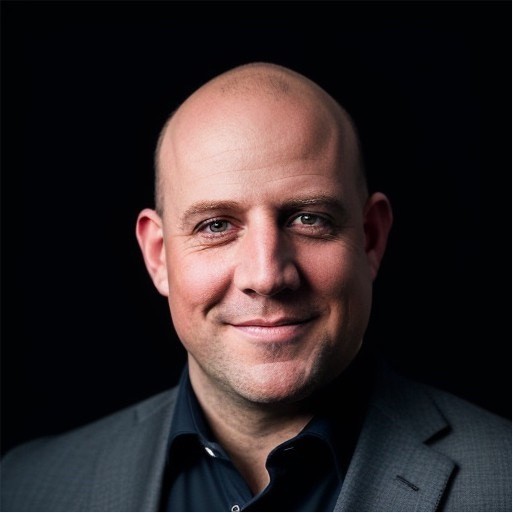When considering your next job opportunity, key factors like salary, title, and location usually top the list. However, perhaps the most critical—and often overlooked—factor is workplace culture. A toxic culture can drain even the most talented professionals, while a healthy, supportive environment can elevate your performance and overall career satisfaction.
Based on the insights of two private club veterans, Tyler Bloom and Rachel Ridgeway of Bloom Golf Partners, here are five major cultural red flags to watch out for during the interview process:
1. Lack of Clear Expectations
Start by carefully reviewing the job posting. Does it clearly outline the responsibilities, goals, and traits needed for success? If expectations are vague or ambiguous, that’s a red flag.
High-performing organizations provide a clear roadmap: defined goals, consistent standards, and well-articulated roles. Without clarity, employees are left guessing—leading to confusion, frustration, and burnout.
Ask during the interview:
- “How will my success be measured in this role?”
- Also, request to review the job description if it hasn’t been provided.
2. Lack of Feedback Loops
Great organizations actively seek and act on employee feedback—through surveys, stay interviews, exit interviews, and regular check-ins. If feedback mechanisms are missing (or feedback is ignored), it signals a stagnant culture that may not value growth or adaptability.
Ask during the interview:
- “How is employee feedback integrated into decision-making?”
- Take note of how many people are involved in the hiring process. A broader range of interviewers often indicates a culture that values internal perspectives.
3. Lack of Investment in People
If there’s no plan for your growth, you may eventually outgrow the organization. Companies serious about people development invest in training, mentorship, and stretch opportunities.
If your questions about advancement or learning are dismissed, it’s worth reconsidering.
Ask during the interview:
- “Is professional development budgeted for my role each year?”
- “What are the expectations around my growth and development?”
- Ask for examples, such as whether assistant superintendents are encouraged to volunteer at PGA Tour events.
4. Lack of Accountability
When accountability is missing, finger-pointing and inconsistency often follow. If team members aren’t held to the same standards—or if leadership avoids responsibility—it creates a frustrating environment where top performers can quickly disengage.
Ask during the interview:
- “How does the club handle it when an employee makes a mistake, has a conflict, or misses a goal?”
- “How often do employees receive performance feedback or reviews, and through what methods?”
5. Lack of Transparent Communication
Trust is built on open, honest, and timely communication. If the organization keeps employees in the dark, uses vague corporate jargon, or avoids hard conversations, it may leave you feeling excluded or unaligned.
Ask during the interview:
- “How does the club communicate organizational changes to staff?”
- “How often does the club hold cross-departmental meetings?”
Final Thoughts
Workplace culture is not just a buzzword, it’s a strategic advantage and a clear reflection of an organization’s values. While these red flags can be subtle during the hiring process, they can have a major impact once you’re in the role.
Pay close attention to the small cues. Ask thoughtful questions. Trust your gut.
Remember, the interview process is a two-way street: you are interviewing the employer just as much as they are interviewing you.A strong culture won’t just support your success, it can catapult your career to new heights.
If you’re in need of further insight and best practices to develop your team’s culture, set up a FREE Talent Strategy Call with our team.
Are you ready to build a top-performing team that drives results? Our proven framework, methodologies, and implementation is based on our personal track record of developing world-class teams. In addition to talent acquisition, we provide leadership development and ongoing consultative services for the golf course and club industry. Our team has personally coached and mentored dozens of future golf course superintendents across the United States.

